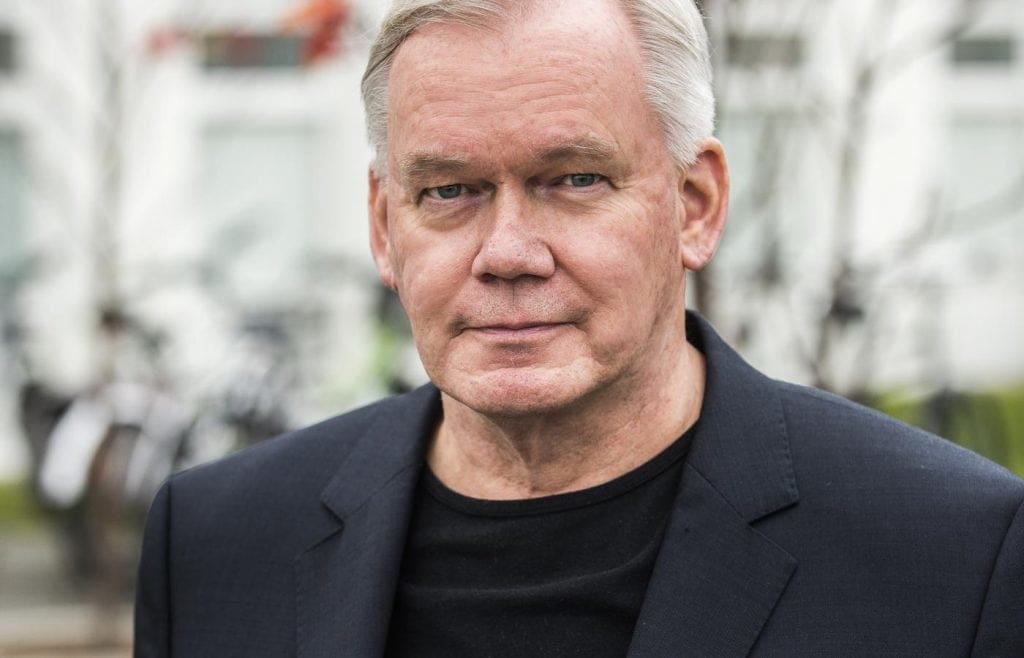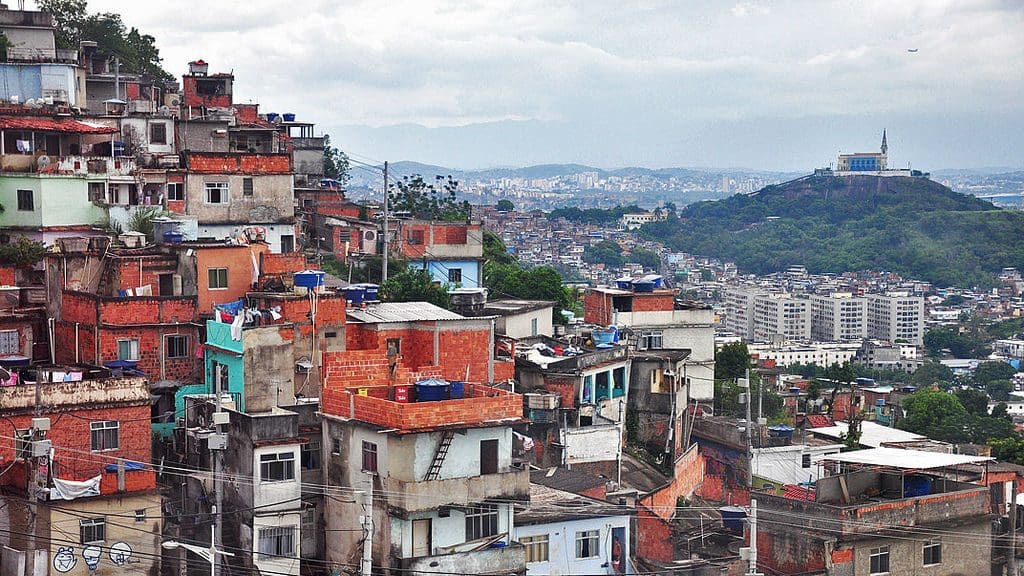
The right wing of the British two-party system has to reinvent itself. What comes after the fall of the liberal order in British political life?

Rob Long, the latest guest of the Danube Institute, talked about how to tell your story which reflects your values and corresponds to reality alike while creating a widely likable media phenomenon at the same time.

Hannes H. Gissurarson, an Icelandic expert of neo-liberalism and conservatism, offered his thoughts on the compatibility of Thatcherist values with present-day conservatism at the premises of Lónyay-Hatvany residence on the invitation of the Budapest-based think tank Danube Institute.

Today, Hungary and the V4 group are in the same power bloc as the West, but they can still serve as leverage points against certain Western powers in the field of international relations.

The United States is in great need of a political force with ‘economic populism’, but social conservatism and a clear stance against the ‘woke’ ideologies.